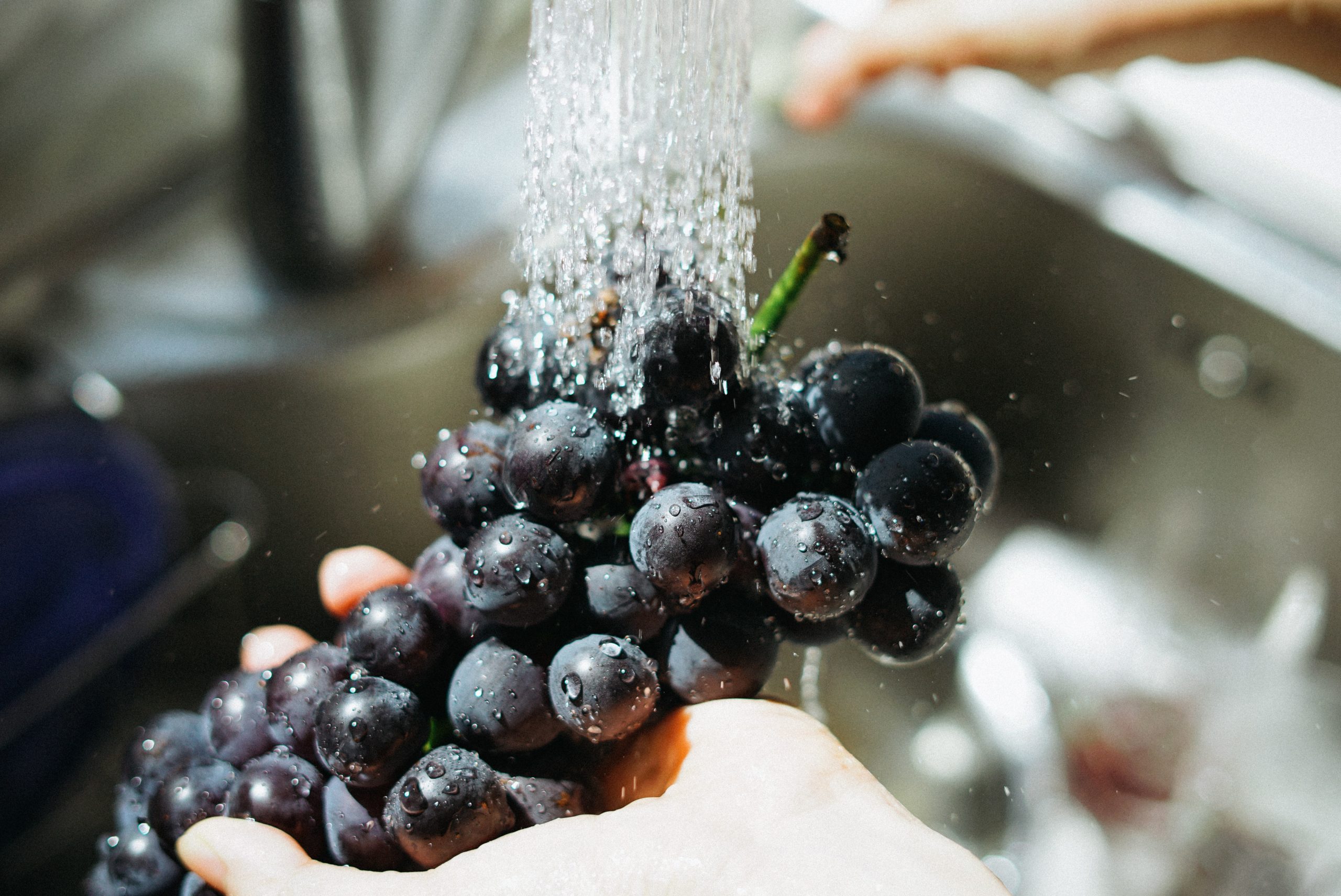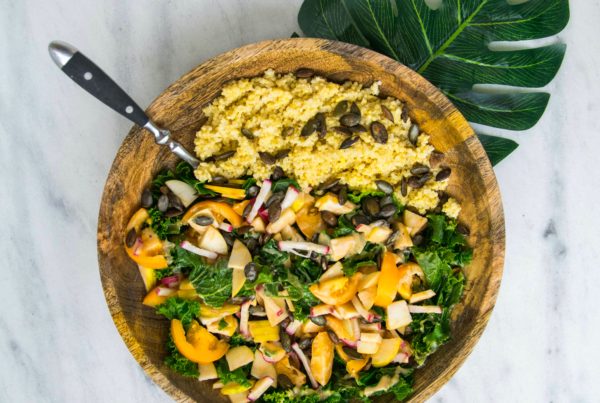Many people are aware of the importance of carefully handling animal products to prevent illness, we need to be reminded that foodborne illness may also be caused by contaminated fruits and vegetables.
Fresh produce including fruits and vegetables can be contaminated by various sources. Poor hygiene among workers and harmful substances in the soil or water during the growing phase may contaminate the produce. From harvesting to market, produce passes through many hands, which increases the risk of contamination. Inappropriate food preparation or storage may also be the culprit.
To prevent foodborne illness from fruit and vegetable contamination, cleaning the fresh produce using appropriate methods before eating them is essential:
Recommended practices:
- Wash your hands for 20 seconds with warm water and soap before and after preparing fresh produce.
- Firm produce: For fruits with firmer skins like apples, pears, and lemons, as well as vegetables like carrots, potatoes and melons, a clean vegetable brush could be used to scrub the residues from their pores. If a clean vegetable brush is not available, gently rub the produce while holding it under plain running water.
- Leafy greens: First, remove the outermost layer of the leafy greens, such as lettuce, cabbage, bok choy, brussels sprouts. Then, submerge the leaves in a bowl of cool water, swish, drain, and rinse with fresh water.
- Delicate produce: For produce that is more likely to fall apart, such as berries and mushrooms, clean them under a steady stream of water and gently rub the produce using your fingers to remove dirt.
NOT recommended practices:
Using soap, vinegar, lemon juice, or commercial cleaners like bleach as an added measure is NOT recommended. Using these substances may pose further health dangers, and they have not been shown to be any more effective at cleaning produce than plain water. Ingesting commercial cleaning chemicals like bleach can be lethal and should never be used to clean food.



